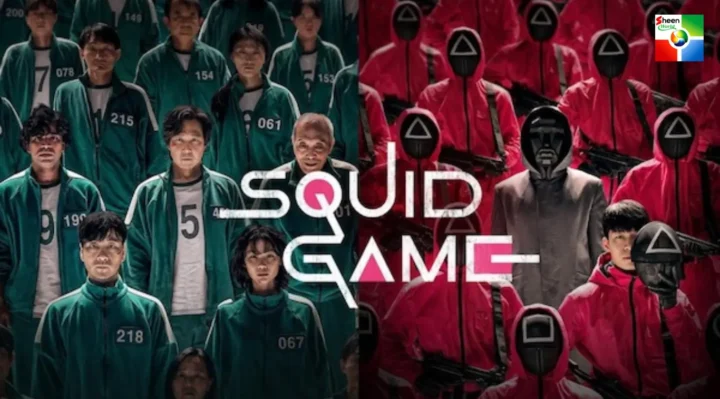At A glance Squid Game Season

“Squid Game” has taken the world by storm since its release, captivating audiences with its unique concept and gripping storytelling. The South Korean survival drama, created by Hwang Dong-hyuk, explores themes of desperation, morality, and the human condition through a series of high-stakes games. As we dive into the first season, we will explore the various episodes, the complex characters, and the underlying messages that make “Squid Game” a standout series in contemporary television. This detailed outline will provide an organized approach to understanding the intricacies of “Squid Game” Season 1, including its plot, character development, and the societal commentary woven throughout the episodes.
1. What is the premise of “Squid Game” Season 1?
“Squid Game” Season 1 follows a group of 456 individuals, all deeply in debt, who are invited to participate in a series of children’s games for a chance to win a life-changing sum of money. However, the stakes are lethal; losing a game results in death. The series explores how desperation drives people to make morally questionable decisions, and it critiques capitalism and the extremes individuals will go to for financial survival.
2. What are the main “Squid Game” episodes and their significance?
The season consists of nine episodes, each marked by a specific game that the participants must play, such as “Red Light, Green Light” and “Tug of War.” Each episode not only advances the plot but also delves deep into the characters’ backgrounds and motivations. For example, Episode 1 introduces the players and sets up the dire circumstances that lead them to the game, while later episodes reveal alliances, betrayals, and the psychological toll of the competition.
3. Who are the key “Squid Game” characters and their roles?
The series features a diverse cast of characters, each representing different facets of society. The protagonist, Seong Gi-hun, is a down-on-his-luck chauffeur who embodies the struggle of the average person. Other notable characters include Cho Sang-woo, Gi-hun’s childhood friend who is a brilliant but morally compromised businessman, and Kang Sae-byeok, a North Korean defector seeking a better life. Each character’s journey reflects broader social issues, such as class disparity and the impact of trauma.
4. What are the survival games featured in “Squid Game” Season 1?
The survival games are based on traditional children’s games, but with brutal twists. Games like “Marbles,” where players must outsmart each other to survive, and “Glass Stepping Stones,” which tests not only physical ability but also trust among participants, serve as metaphors for real-life competition and the lengths to which individuals will go to survive. The games also reveal the psychological dynamics within the group, showcasing how alliances form and dissolve under pressure.
5. What themes and messages are prevalent in “Squid Game” Season 1?
“Squid Game” is rich in themes, including the critique of capitalism, the loss of humanity in the face of survival, and the moral complexities of human behavior. The show raises questions about the value of life, the nature of greed, and what it means to truly win when the cost is so high. Additionally, it addresses issues of social inequality and the impact of debt on individuals and families, making it a poignant commentary on contemporary society.
Conclusion
In conclusion, “Squid Game” Season 1 presents a compelling narrative that intertwines suspenseful storytelling with profound societal critiques. Through its engaging episodes, complex characters, and thought-provoking themes, the series forces viewers to confront uncomfortable realities about life, death, and the human condition. As audiences continue to dissect its layers, “Squid Game” not only entertains but also sparks important conversations about morality, survival, and the systems that shape our lives.



